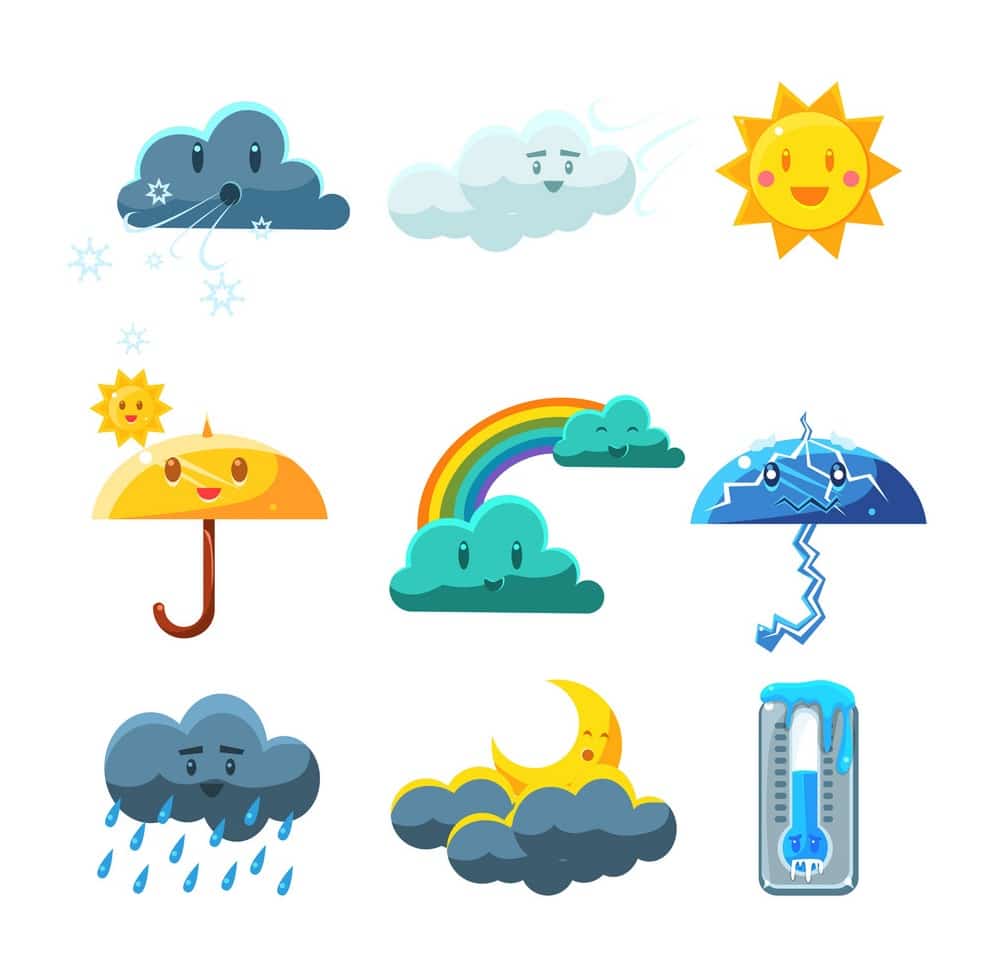Drain systems play a vital role in managing stormwater and wastewater, but they are often subjected to a wide range of temperatures throughout the year. From scorching summer heat to freezing winter cold, the ability of a drain system to handle extreme temperatures is crucial for its performance and durability. In this comprehensive guide, we will explore how drain systems cope with extreme temperatures, the challenges they face, and the measures you can take to ensure their resilience in the face of temperature fluctuations.

Understanding Temperature Effects on Drain Systems
Drain systems are exposed to various temperature conditions, each of which poses unique challenges:
1. Extreme Heat
In the sweltering summer heat, drain systems face several challenges:
Material Expansion: Most drainage system components, including pipes and fittings, are made of materials that expand in high temperatures. This expansion can lead to misalignment or damage if not accommodated in the system’s design.
Increased Flow: Heavy rainfall or sudden storms can result in high water flow through the system. Drain systems must efficiently manage the increased volume while avoiding flooding or backups.
Drying of Seals: High temperatures can cause rubber seals, used in components like gaskets, to dry out and become brittle. This can result in leaks and decreased performance.
2. Freezing Temperatures
Cold winters bring their own set of challenges to drain systems:
Pipe Cracking: The most common issue is frozen pipes, which can lead to pipe cracking and damage. As water freezes, it expands and exerts pressure on the pipe walls.
Blockages: Ice and snow can block drain openings, leading to water backup and potential flooding.
Reduced Flow: In extremely cold conditions, wastewater may cool and solidify within the drainage system, impeding flow and increasing the risk of clogs.
3. Temperature Extremes
Regions with significant temperature fluctuations, such as desert areas or regions with harsh winters, present unique challenges to drain systems. They must be designed to handle both the scorching heat of summer and the freezing cold of winter.
Measures to Enhance Drain System Resilience
To ensure that your drain system handles extreme temperatures effectively, consider the following measures:
1. Proper Insulation
Insulation is crucial for protecting drain pipes in freezing conditions. Insulating materials can help maintain a stable temperature within the pipes, preventing freezing and potential damage. Proper insulation should extend to all vulnerable areas of the system.
2. Proper Sloping and Grading
Ensuring that your drain system has the right slope and grading is essential for preventing water pooling in hot or freezing conditions. A well-designed system directs water away from structures and promotes efficient drainage.
3. Using Appropriate Materials
Choose materials for your drain system that are suitable for the climate in your region. Some materials, like PVC, are less prone to freezing and cracking, while others, like cast iron, are more durable in extreme temperatures.
4. Implementing Expansion Joints
To accommodate the expansion and contraction of materials in response to temperature fluctuations, expansion joints can be incorporated into the design. These joints help prevent misalignment and damage.
5. Routine Maintenance
Regular maintenance is essential for addressing issues related to temperature effects. During maintenance, check for cracks, leaks, blockages, and any signs of material fatigue that may result from extreme temperatures.
6. Snow and Ice Management
In areas prone to cold winters, consider implementing snow and ice management measures, such as snow removal from drainage openings and the application of de-icing products.
7. Professional Assessments
Engaging a professional plumber or drainage expert for regular assessments can identify and address temperature-related issues before they become significant problems. Professional expertise is valuable in ensuring the resilience of your drain system.
Performance in Extreme Temperatures
The performance of a drain system in extreme temperatures depends on several factors:
1. Design and Installation
A well-designed drain system with suitable materials and proper installation techniques is more likely to perform well in extreme temperatures. The initial design should consider the local climate, anticipated temperature fluctuations, and potential challenges associated with temperature effects.
2. Material Selection
The choice of materials is a crucial factor in how well a drain system handles extreme temperatures. Materials should be selected based on their resistance to temperature-related stress. PVC, for instance, is known for its resistance to freezing and cracking, making it suitable for cold climates.
3. Regular Maintenance
Frequent maintenance and timely repairs are essential to address temperature-related issues promptly. Inspections should be conducted regularly, and maintenance tasks, such as clearing blockages and ensuring proper slope and grading, should be carried out routinely.
4. Proper Insulation
Insulation can significantly improve a drain system’s performance in freezing temperatures. Proper insulation prevents pipes from freezing and helps maintain a consistent temperature within the system.
Conclusion
Extreme temperatures can pose challenges to drain systems, but with proper design, materials, and maintenance, these systems can continue to perform effectively. Whether in scorching summer heat or freezing winter cold, drain systems can be resilient and reliable when they are built to withstand temperature-related stress. By implementing the measures mentioned in this guide and adhering to good design and maintenance practices, you can ensure your drain system handles extreme temperatures and efficiently manages stormwater and wastewater throughout the year.

